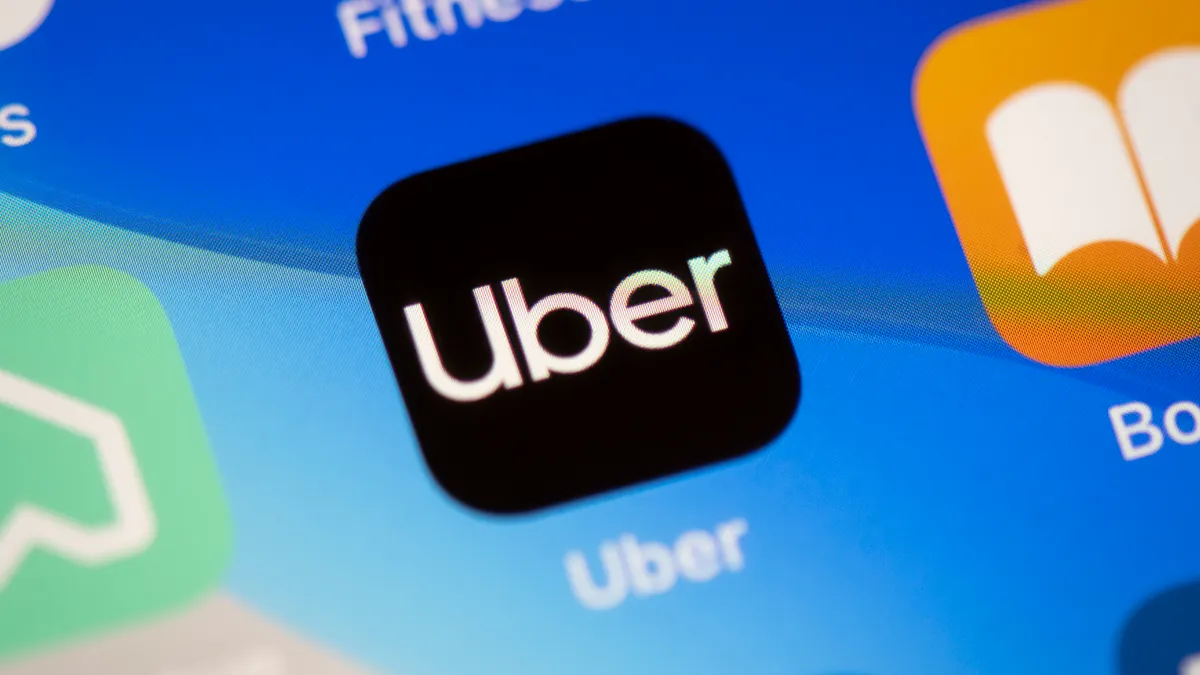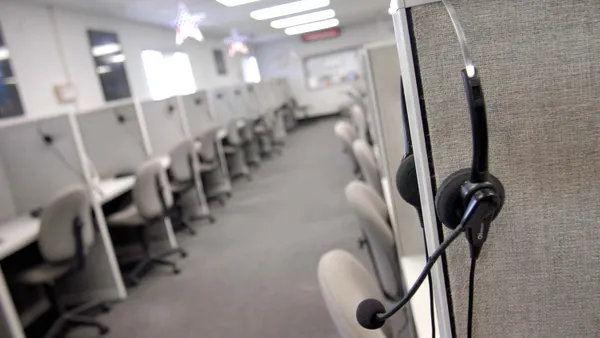Dive Brief:
- Uber has increased the share of customer service inquiries routed through live chat to 36% of overall contact volume, up from 1% in the period beginning 2019 to early 2023, according to an Uber blog post last week. The ridesharing company credited the increase to a number of technical upgrades designed to improve reliability.
- Improvements to the system architecture reduced the error rate of connecting a customer to a representative on live chat from 46% during the 2019 to early 2023 period to less than 0.5% today. Each failed delivery causes a 30-second delay, making this reduction a “massive” improvement to the experience, according to Uber.
- Uber noted that live chat is an ideal channel for its customer service needs. The channel lets agents handle multiple chats at once with strong first contact resolution rates, driving efficiency. Additionally, live chat earns good satisfaction ratings from customers.
Dive Insight:
Customers and agents alike can benefit from the resolution of inquiries through live chats over phone calls, according to Julie Geller, principal research director at Info-Tech Research Group.
Initiating a chat session is less disruptive to a customers’ day than making a phone call, Geller said. It facilitates multitasking, allowing customers to respond to a text prompt rather than forcing them to wait on hold for a live question.
Live chat provides similar benefits for agents. Text-based communication is easier to organize, letting agents handle more inquiries with greater ease.
“Juggling multiple chats at once means they can get more done, cutting down on the stress and burnout that comes from being stuck on one phone call after another,” she said in an email. “Plus, with live chat, agents have a bit more breathing room to think things through and pull up the right info.”
Geller said smart companies use chat histories and other rich data provided by chat to spot trends in customer inquiries, letting them highlight the most common support topics for agents, for example.
Offering agents easy access to customer information and histories can enable “more personalized, holistic and efficient service,” she added.
Uber plans to provide more relevant information to agents in real-time as part of its ongoing effort to improve the customer service experience.
While well-implemented chat leads to great experiences, poorly implemented chat options can erode trust, according to Geller. Uber’s failure to deliver customers to agents prior to its system upgrades may have been an impediment against more customers choosing its live chat service option.
“In a live chat context, customers expect real-time responses and resolutions, which is why Uber prioritized this critical issue,” Geller said. “Any failure to meet these expectations can lead to frustration and might drive customers to seek alternative services.”










